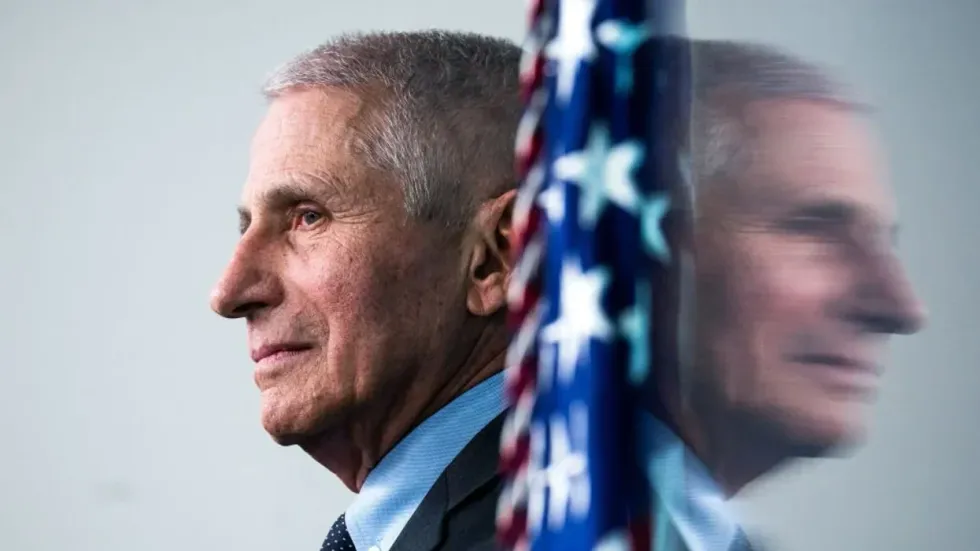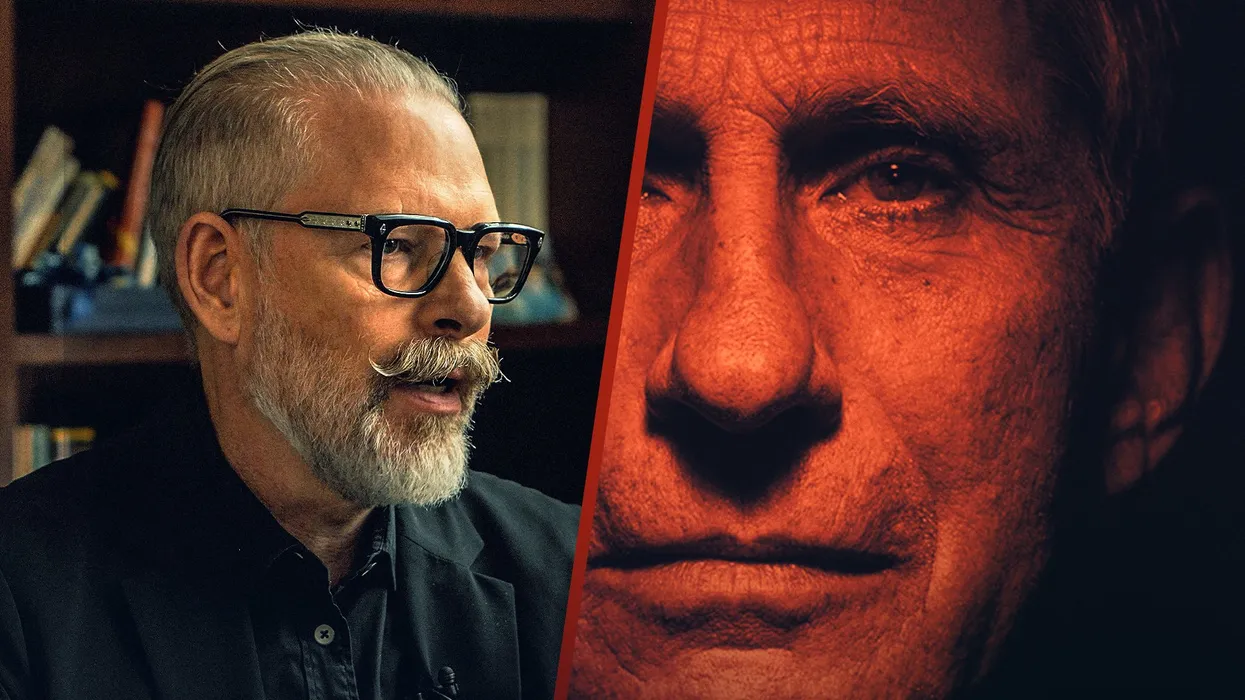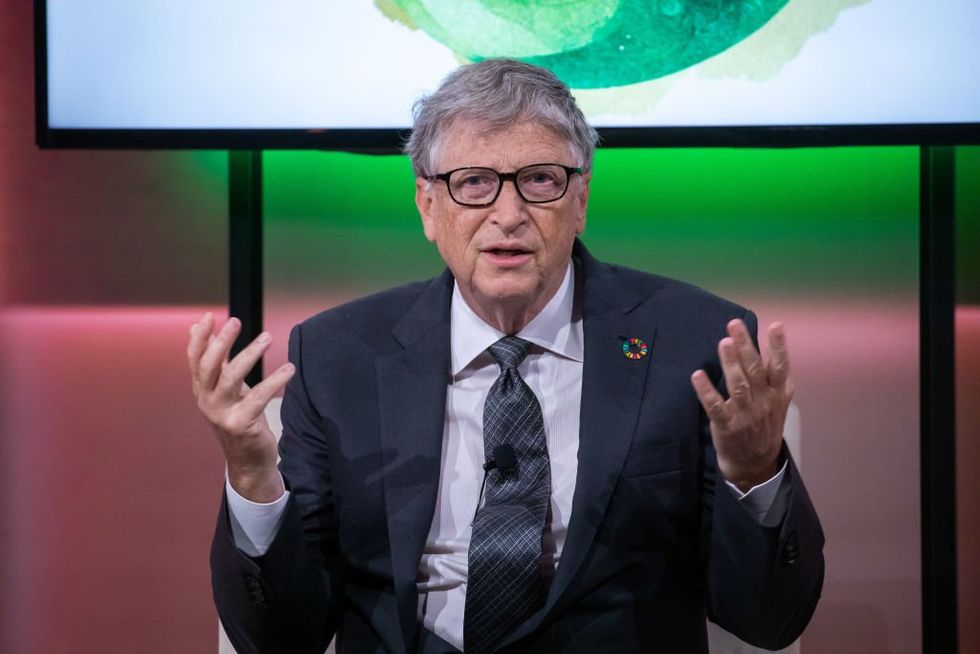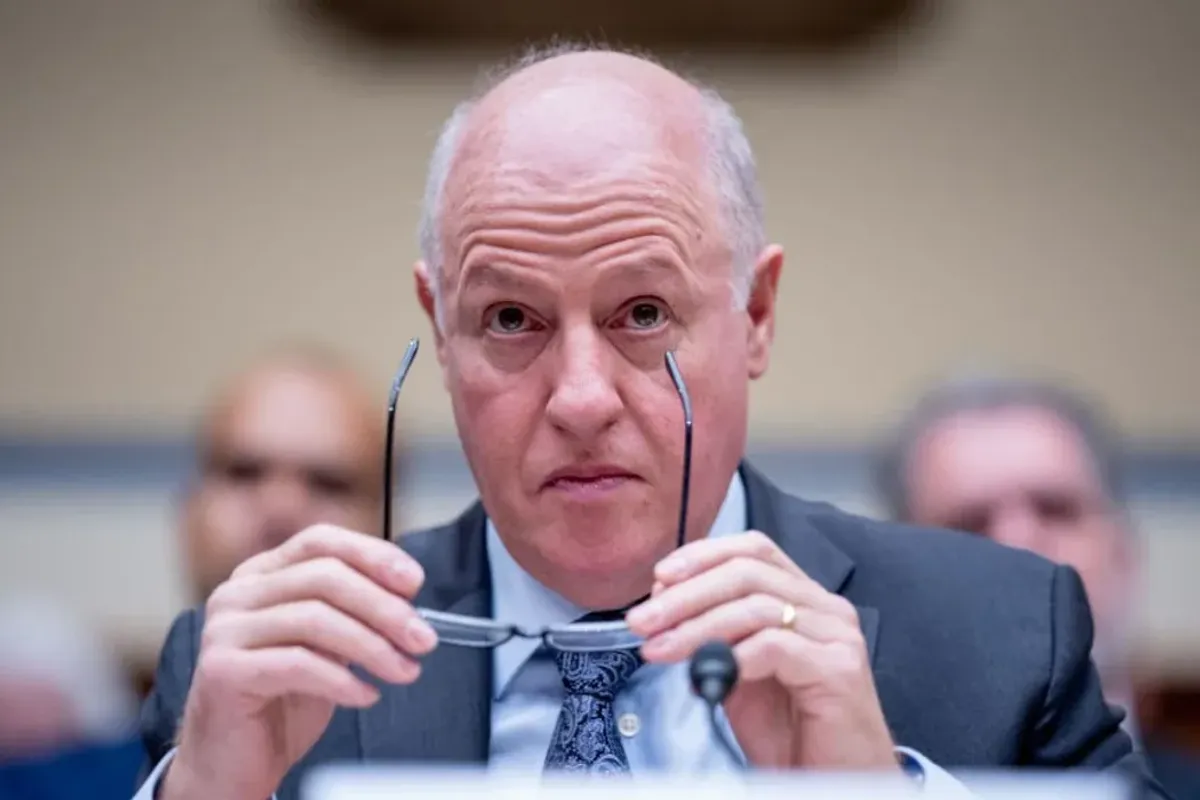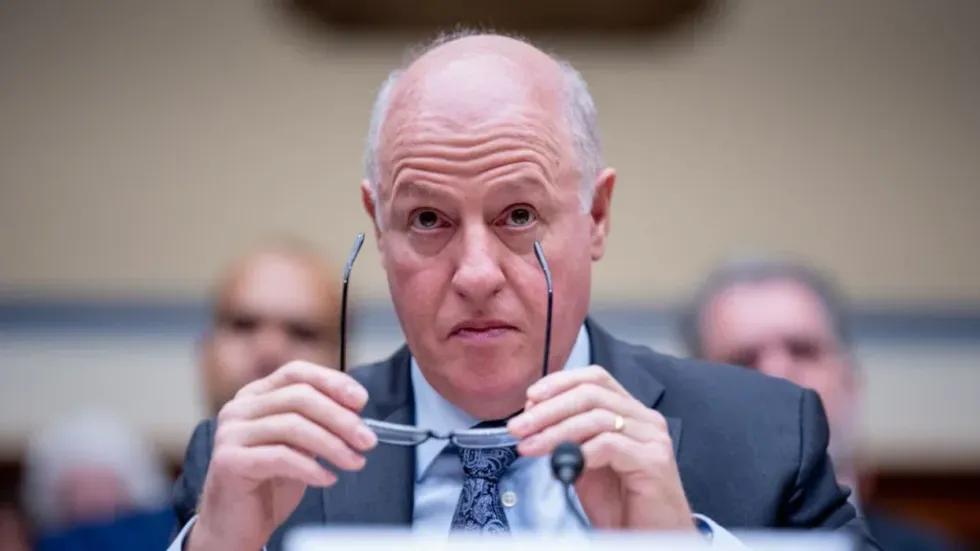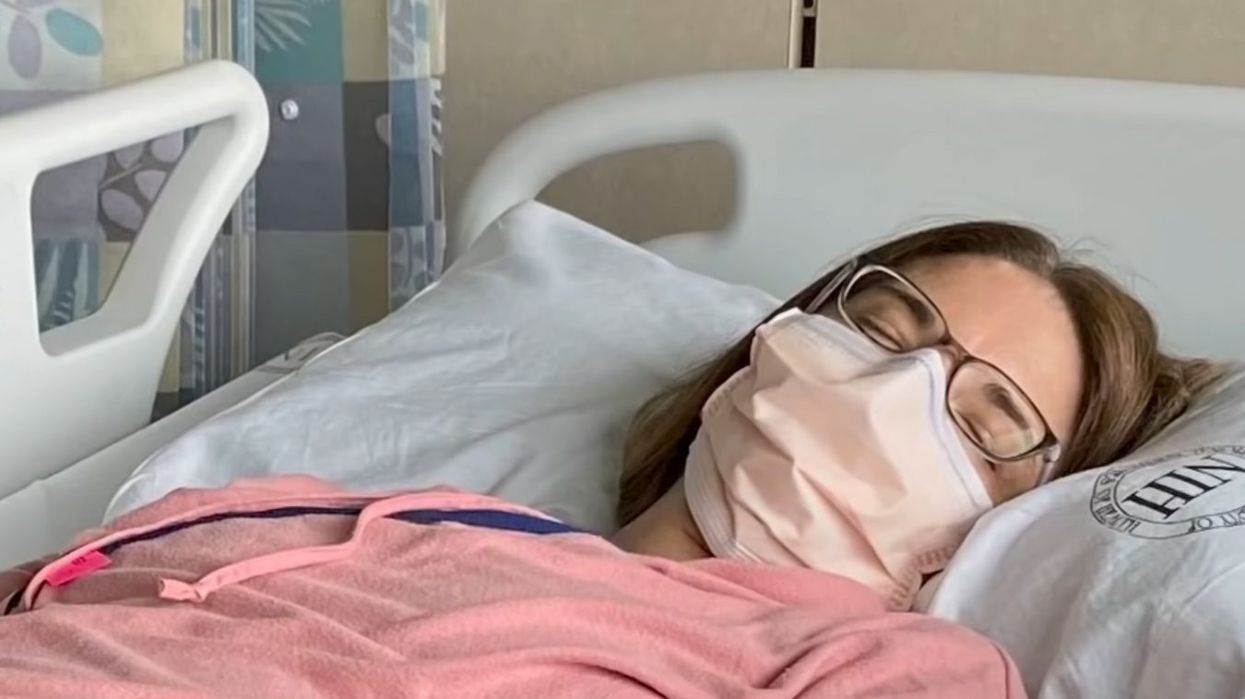BlazeTV debuts damning docuseries exposing COVID origins ‘coverup’ ahead of Fauci hearing
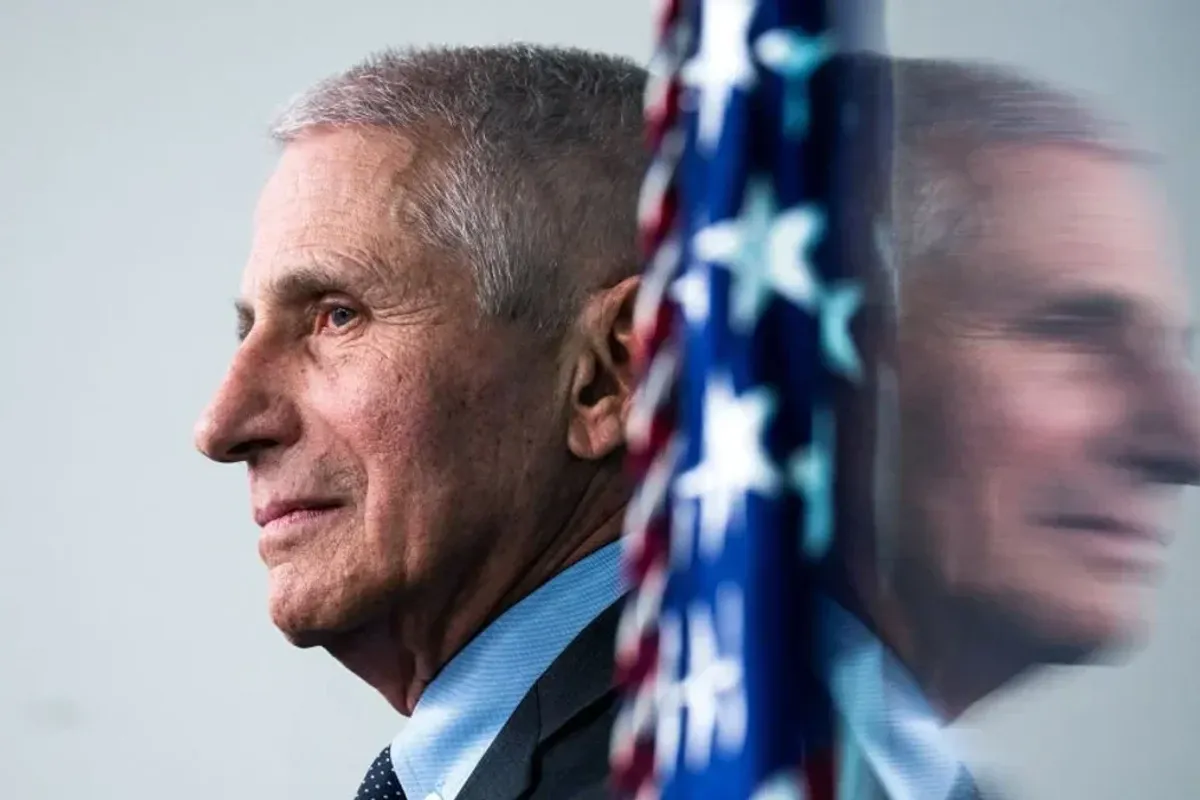
There was a concerted public-private campaign during the pandemic to downplay the strong likelihood that COVID-19 — a virus that would go on to kill millions worldwide — did not originate in the controversial Chinese communist lab that long engaged in dangerous experiments on coronaviruses with the help of U.S. taxpayer dollars.
While the Chinese communist regime
did its part to bury evidence of a potential lab leak as the virus was first spreading, then-director of the National Institute of Allergy and Infectious Diseases Anthony Fauci ultimately did the heavy lifting in terms of narrative curation.
Anthony Fauci and the virologists in his orbit
worked feverishly to suggest that the virus had a zoonotic origin, concealing their own doubts about that possibility while denigrating those who would suggest otherwise.
There was cause, after all, for them to engage in revisionism and propaganda. Elements of the Western medical establishment admittedly didn’t want to
alienate China by assigning it any blame over the deaths of multitudes of Americans, and Fauci had his fingerprints on the American grant money poured into dangerous work at the Wuhan Institute of Virology via disgraced zoologist Peter Daszak’s EcoHealth Alliance — whose gain-of-function subcontractor was ostensibly among the patients zero who took ill in late 2019.
The lab-leak theory was
censored on social media, especially on Facebook, which directly coordinated with Fauci. Talk show hosts, talking heads, and once respected newspapers dutifully parroted the approved talking points.
Yet, not all were convinced in Washington, D.C., the media, and the medical establishment — certainly not Stanford University’s Dr. Jay Bhattacharya, epidemiologist and co-author of the “Great Barrington Declaration,” and Sen. Rand Paul (R-Ky.).
Both Bhattacharya and Paul are among those featured in ”
The Coverup,” a new documentary series presented by Blaze Media and Free the People, which debuts today on BlazeTV.
”
The Coverup” explores the evolution of the Fauci-anointed COVID-19 origins narrative, the corresponding censorship campaign, various underlying motives and vested interests, and the ultimate breakdown of truth, breaking new ground and making Fauci’s job of spinning yarns before Congress next week all the more difficult.
‘You would go down in history as one of the world’s greatest monsters.’
In BlazeTV host Matthew B. Kibbe’s deep-dive in the
first episode of the series, entitled “Dissident,” he speaks to Bhattacharya about the research agenda that set the stage for the deadly outbreak and assesses what was at stake for the powers that be — and for Fauci in particular — where narrative control was concerned.
“He’s in a tough position,” said Bhattacharya. “If people understand that what has happened the last three-and-a-half years in the COVID pandemic is potentially, maybe even actually, a result of this kind of research agenda and Fauci was one of its champions, he is in a very tough spot.”
“Millions and millions of people have died. Economies have been devastated,” continued Bhattacharya. “The poor of the world, children, vulnerable people have been hurt by this mad science experiment. … You would go down in history as one of the world’s greatest monsters.”
Later in the episode, Bhattacharya discusses the nature of the infrastructure shoring up the deadly research agenda as well as the possible link between officials’ cognizance of a possible lab leak and the draconian COVID protocols they ultimately promoted.
Extra to speaking to Dr. Bhattacharya and Sen. Paul in the series, in subsequent episodes, Kibbe gleans troubling insights from White House Coronavirus Task Force insiders about the early commitment to the zoonotics origin narrative, from journalists censored for asking questions, and from those working to hold the apparent architects of the pandemic responsible in its aftermath.
‘They want us to just move on.’
Kibbe told Blaze Media, “Free the People produced ‘The Coverup’ to shine light on the shadowy government figures who caused so much pain and suffering with their tyrannical overreach during the pandemic. They would rather we not uncover what really happened. They want us to just move on.”
“Unfortunately for them, I’m not going to let that happen,” continued Kibbe. “As someone who has been fighting big government for most of my career, this fight is the most crucial one. I want to expose their unethical motives and wildly dangerous actions and figure out who really pulls the strings behind the curtain of the pandemic industrial complex. Because they’re not going to stop. The power is too intoxicating.”
“This investigative series from Blaze Media and Free the People will arm alarmed citizens with the truth, and that’s the one thing shadowy bureaucratic schemers like Anthony Fauci cannot withstand — exposure to sunlight,” added series’ host.
Editor’s note: The article has been updated to incorporate Matthew Kibbe’s statement to Blaze Media.
Like Blaze News? Bypass the censors, sign up for our newsletters, and get stories like this direct to your inbox. Sign up here!
Read More
